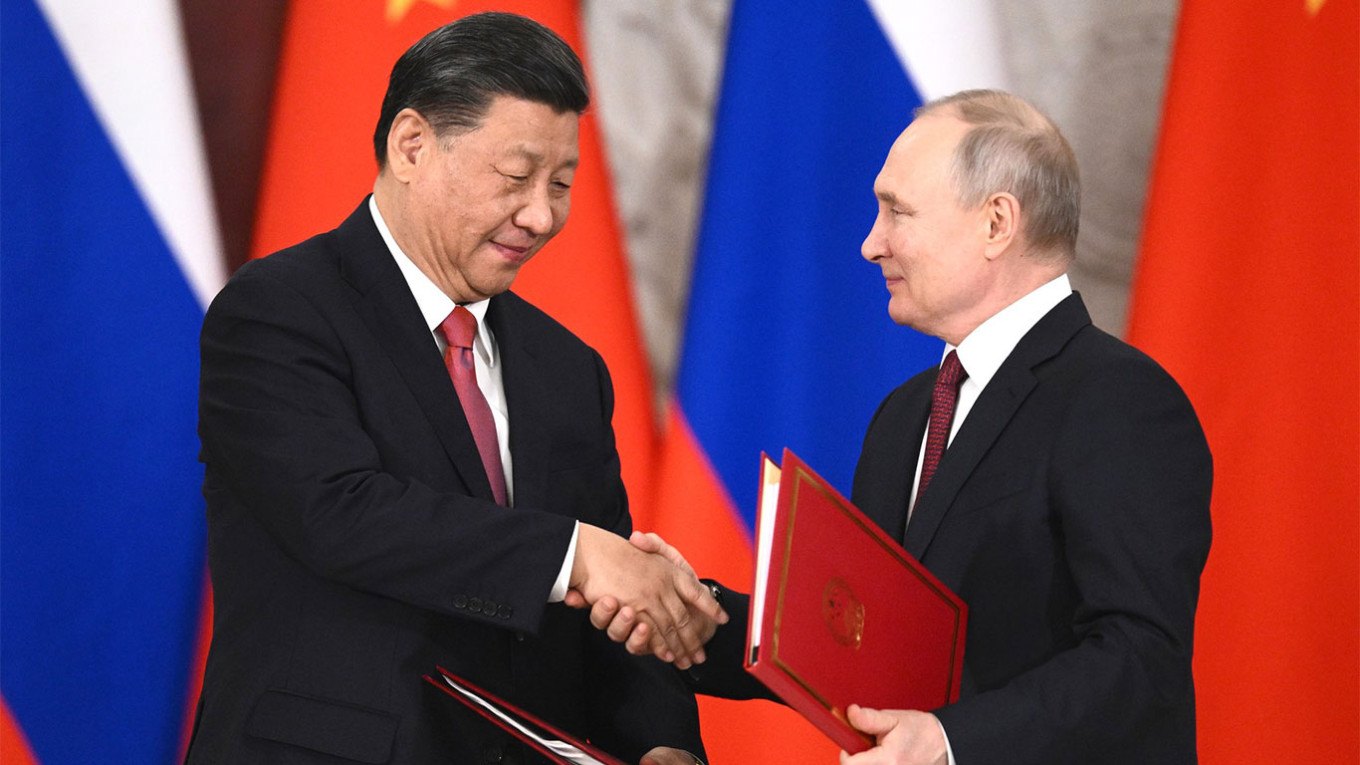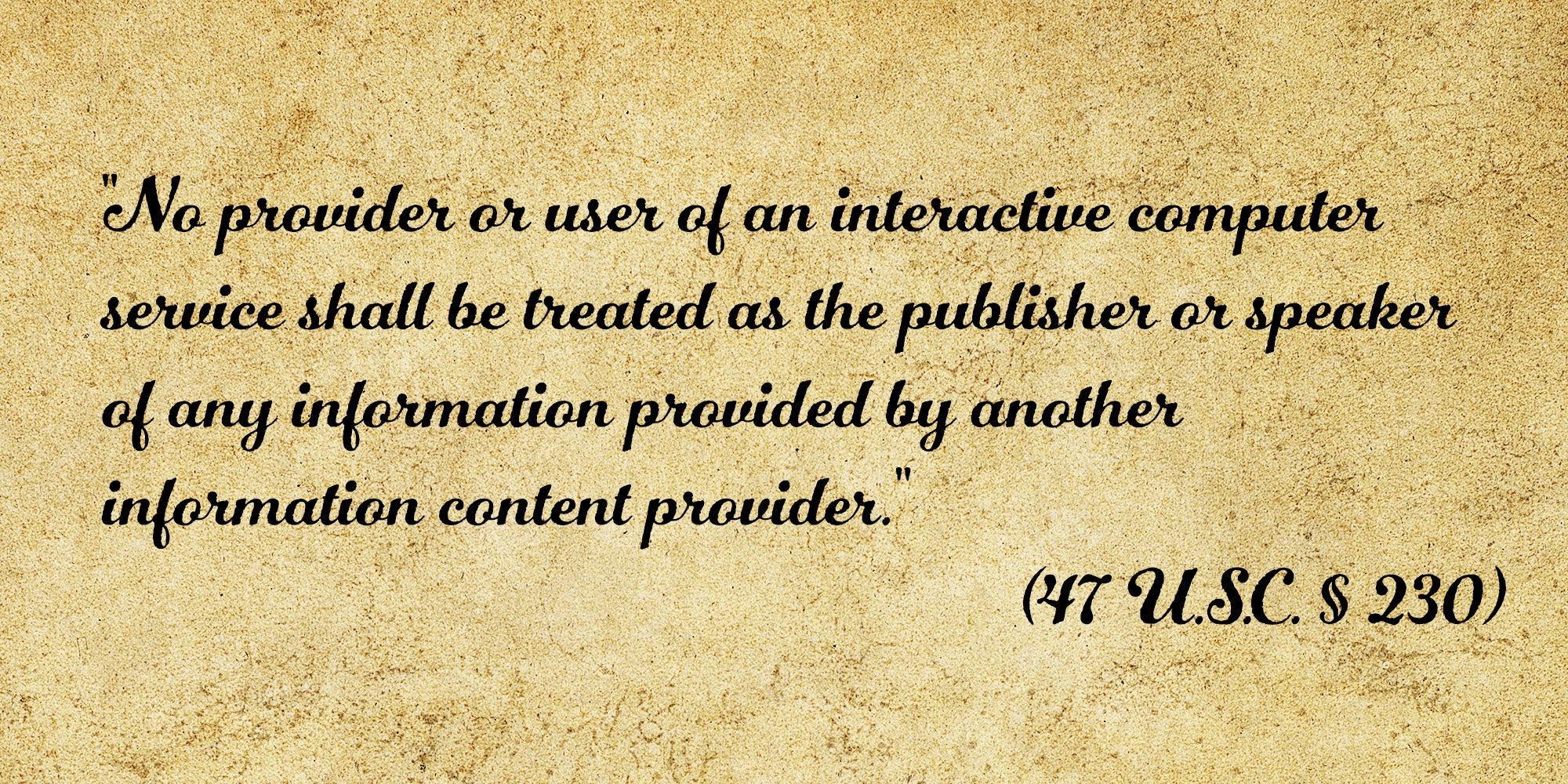Peace Talks Failure: Assessing Putin's Diplomatic Strategy In Ukraine

Table of Contents
Putin's Strategic Objectives and their Impact on Peace Talks
Putin's stated goals in Ukraine—often framed as "denazification," "demilitarization," and preventing NATO expansion—directly conflict with Ukraine's sovereignty and territorial integrity. These objectives, however, are often perceived as thinly veiled justifications for territorial expansion and regime change. This fundamental incompatibility forms a significant obstacle to any meaningful peace negotiations.
-
Analysis of Putin's public statements and actions regarding negotiations: Putin's public pronouncements have often been contradictory, alternating between calls for dialogue and escalatory rhetoric, creating an atmosphere of distrust and hindering productive negotiations. His actions, including the annexation of Crimea and the invasion of Ukraine, demonstrate a willingness to disregard international norms and agreements.
-
Examination of the role of propaganda and disinformation in shaping public opinion and hindering negotiations: The Kremlin's extensive propaganda machine has played a crucial role in shaping both domestic and international narratives, hindering productive dialogue by disseminating misinformation and creating a climate of animosity. This has made it difficult to establish a common understanding of the conflict's underlying causes and potential solutions.
-
Discussion of the influence of hardline advisors within the Kremlin on Putin's decision-making: The presence of hardline advisors within the Kremlin, advocating for aggressive military solutions and resistant to compromise, has likely influenced Putin's decision-making process, making concessions and a peaceful resolution less likely.
Obstacles to Successful Peace Negotiations
Several key obstacles have undermined peace talks between Russia and Ukraine, creating a seemingly intractable conflict. These include a profound lack of trust, irreconcilable demands, and the influence of external actors.
-
Lack of trust between Russia and Ukraine: A history of conflict and broken agreements, including previous breaches of the Minsk agreements, has fostered deep-seated mistrust between the two nations. This lack of confidence makes it extremely difficult to reach mutually acceptable compromises.
-
Irreconcilable demands: Russia's demands, including territorial concessions and the neutralization of Ukraine, are fundamentally incompatible with Ukraine's commitment to its sovereignty and territorial integrity. This irreconcilable difference in core objectives presents a major hurdle to any peace agreement.
-
Role of international actors: The involvement of NATO, the EU, and the US complicates the peace process. While these actors aim to support Ukraine, their actions are viewed by Russia as provocative and escalate tensions. This external influence makes achieving a negotiated settlement more challenging.
-
Sanctions and their effect on negotiations: The international sanctions imposed on Russia have created significant economic pressure, potentially hardening its stance and making compromise less likely. These sanctions also influence the bargaining power of each party, complicating the search for a mutually acceptable solution.
Analysis of Specific Failed Negotiation Attempts
Several attempts at peace talks have ended in failure, highlighting the deep-seated divisions between Russia and Ukraine.
-
Minsk Agreements failure: The Minsk agreements, signed in 2014 and 2015, aimed to de-escalate the conflict in eastern Ukraine. However, these agreements ultimately failed to achieve a lasting ceasefire, primarily due to the lack of trust and commitment from both sides.
-
Istanbul peace talks: The talks in Istanbul in March 2022 showed initial signs of progress, but ultimately collapsed due to disagreements over core issues, including territorial control and security guarantees. The failure of these talks significantly impacted the trajectory of the conflict.
Implications for the Future and Potential Pathways to Peace
The continued failure of peace talks has severe implications for the future.
-
Long-term consequences of military conflict for Ukraine and the region: The ongoing conflict has caused immense human suffering and widespread destruction in Ukraine, with long-term consequences for its economy, infrastructure, and social fabric. The regional instability threatens the peace and security of neighboring countries.
-
Potential for escalation and wider international involvement: The risk of escalation remains high, with the potential for wider international involvement and even a direct military confrontation between major powers.
-
Exploration of alternative conflict resolution mechanisms: Alternative mechanisms, such as mediation by neutral third parties or international arbitration, could potentially facilitate dialogue and bridge the gap between conflicting positions. However, success depends heavily on the willingness of both parties to engage constructively.
-
The need for a realistic assessment of both sides' positions to enable future negotiations: Any future attempt at peace negotiations must involve a realistic assessment of the positions and interests of both sides, recognizing the need for compromise and acknowledging the legitimate security concerns of all parties involved.
Conclusion
The repeated failures of peace talks in Ukraine underscore the complexity of the conflict and the challenges involved in achieving a lasting peace. The key reasons for this failure include Putin's strategic objectives, which are fundamentally incompatible with Ukraine's sovereignty, and the numerous obstacles hindering negotiations, including a lack of trust, irreconcilable demands, and the influence of external actors. A deeper understanding of these factors is crucial for predicting the future trajectory of the conflict and exploring potential pathways towards a peaceful resolution. Further analysis of peace talks failure is needed to explore potential pathways towards a peaceful resolution. Further research into the dynamics of international diplomacy and conflict resolution is essential for informing future peacemaking efforts.
Call to Action: Continue to follow developments in the Ukraine conflict and engage in informed discussions about potential pathways to peace. Critical analysis of Ukraine peace talks and related diplomatic efforts remains crucial for finding a lasting solution to this devastating conflict.

Featured Posts
-
 Damiano David Maneskin Performs Live On Jimmy Kimmel Radio 94 5
May 18, 2025
Damiano David Maneskin Performs Live On Jimmy Kimmel Radio 94 5
May 18, 2025 -
 Rome Trip For State Officials Questions Raised Over Corporate Funding
May 18, 2025
Rome Trip For State Officials Questions Raised Over Corporate Funding
May 18, 2025 -
 Ego Nwodims Snl Sketch Causes Audience Outrage We Finna Get Fired
May 18, 2025
Ego Nwodims Snl Sketch Causes Audience Outrage We Finna Get Fired
May 18, 2025 -
 The Untapped Potential Of Middle Management How They Contribute To Organizational Growth
May 18, 2025
The Untapped Potential Of Middle Management How They Contribute To Organizational Growth
May 18, 2025 -
 Section 230 And Banned Chemicals A Recent E Bay Ruling
May 18, 2025
Section 230 And Banned Chemicals A Recent E Bay Ruling
May 18, 2025
Latest Posts
-
 Rozriv Kanye Vesta Ta Byanki Tsenzori Scho Stalosya
May 18, 2025
Rozriv Kanye Vesta Ta Byanki Tsenzori Scho Stalosya
May 18, 2025 -
 Angels Defeat White Sox 1 0 Moncada And Soriano Shine
May 18, 2025
Angels Defeat White Sox 1 0 Moncada And Soriano Shine
May 18, 2025 -
 Kanye Vest I Byanka Tsenzori Podrobnosti O Rasstavanii
May 18, 2025
Kanye Vest I Byanka Tsenzori Podrobnosti O Rasstavanii
May 18, 2025 -
 Angels Late Game Meltdown Tatis Jr Delivers Walk Off Win For Padres
May 18, 2025
Angels Late Game Meltdown Tatis Jr Delivers Walk Off Win For Padres
May 18, 2025 -
 Cardinals Vs Jansen A Pitchers Duel For The Opener
May 18, 2025
Cardinals Vs Jansen A Pitchers Duel For The Opener
May 18, 2025
